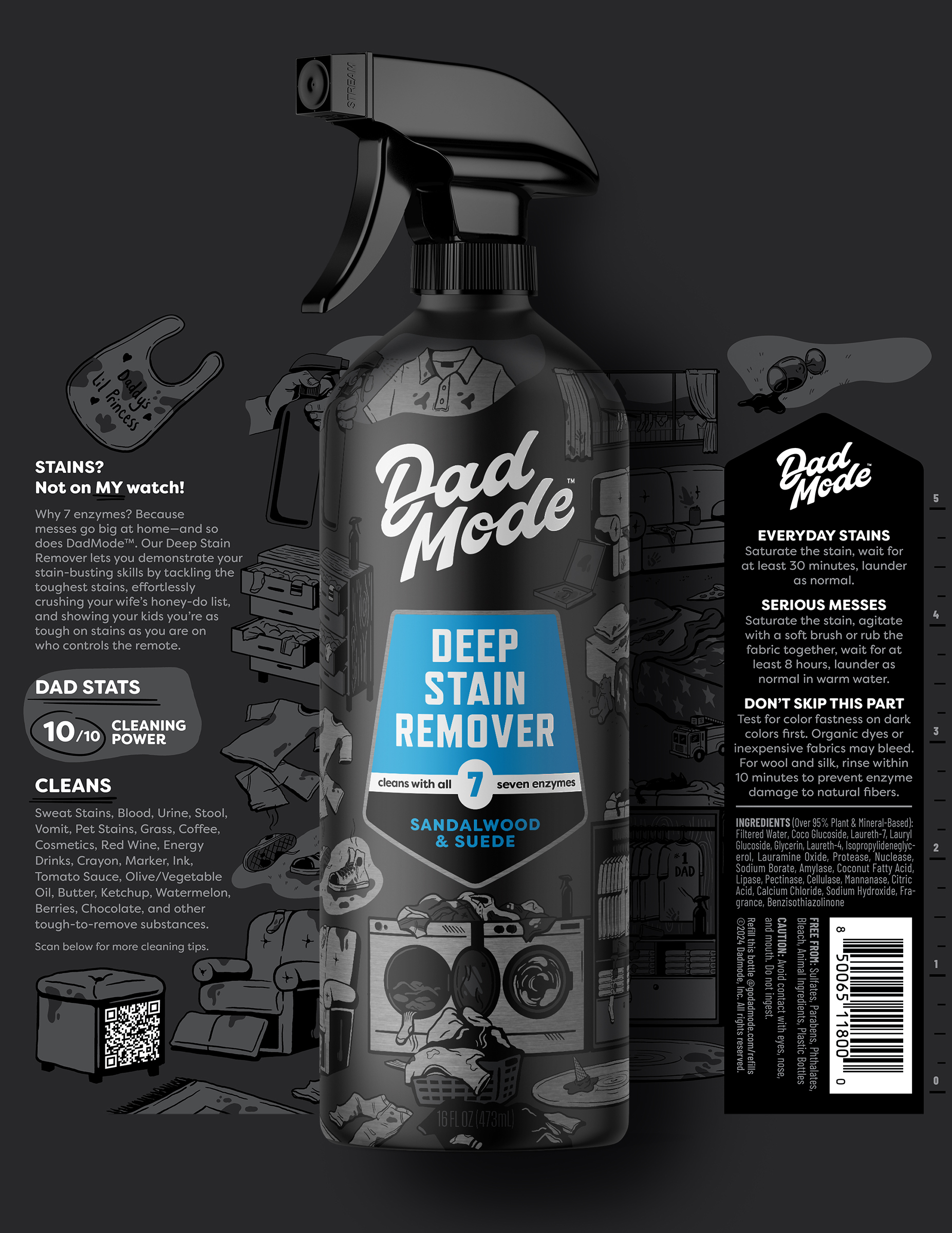Steve Jobs famously said, “It’s really hard to design products by focus groups. A lot of times, people don’t know what they want until you show it to them. Our job is to figure out what they’re going to want before they do. Our task is to read things that are not yet on the page.”
A more recent industry darling, Mike Cessario (founder of Liquid Death) said, “You have to trick your brain to come up with a bad idea to truly be thinking in innovative territory. It works really well because you start thinking, like, ‘Oh, what’s the dumbest possible name for a super healthy, safest beverage possible? Liquid Death.’ Probably the dumbest name.” His whole company was based on an insight he had at a concert, an experience, not a big research deck.
There’s a reason we love the phrase, 'Fortune favors the bold.'
Data collection for collection's sake can be a slippery slope.
While data and information can be invaluable, the greats of industry recognize that over-reliance on research hinders our potential for success by setting us behind.
- Data Aggregates flood the market with sales reports to you and each one of your competitors.
- Trend Reports, often lagging six months behind actual emerging trends, are little more than clickbait.
- Taste Profiles are mass-produced and shared across countless brands.
- Innovation Pipelines are filled with copycat products that lie outside a company’s expertise, core category, original right-to-win, and viable financial support.
- Moreover, the rapidly changing Consumer Preference renders most data irrelevant before it can be acted upon, causing beverage brands to miss valuable opportunities.
The danger of leaning too heavily on data is that it encourages a play-it-safe mentality, turning research into a safety blanket of indecision. Consequently, businesses slow down, opting for inoffensive and undifferentiated products that merely mimic competitors’ innovations. The result is a continuous cycle of delayed decisions and missed chances.
- This leads to bland, boring products.
- This leads to missed opportunities.
- This leads to losing market share.
Leading companies are not bogged down by this overabundance of information.
These successful companies understand what made them thrive before data became their crutch. They are not fixated on relentless growth and know how to make timely decisions that benefit them in the long run. While they may value research and testing, they use them judiciously. Unafraid to take risks, these companies rely on their intuition, unique perspectives, and a keen focus on their products to achieve enduring success.
In essence, they grasp the key elements of success: holding on to their brand’s roots, focusing on their best products, and creating memorable experiences. Instead of chasing trends, they set their own path. Rather than shying away from risks, they embrace them as opportunities for growth. They avoid indecision and stagnant projects. They understand that testing, while important, should not delay success but rather accelerate it. Research, for them, is an informative tool, not the dictator of their actions.
They stay true to who they are and know that research is where a brand’s personality can go to die. Is your brand dying or thriving?
How Great Brands Avoid the Data Trap:
- Remember the factors that made your brand successful from the outset.
- Be mindful of how you collect and use data (you very likely have everything you need).
- Stay focused on your best-performing products.
- Prioritize creating an exceptional bond with your consumer.
- Resist the temptation to chase fleeting trends.
- Embrace calculated risks and innovation.
- Prevent indecision from becoming a roadblock to progress.
- Use testing and research to inform your decisions, not to make them for you.
- Leverage creativity and a human touch to foster consumer love.
- Trust your experience.
%20(2).png)




